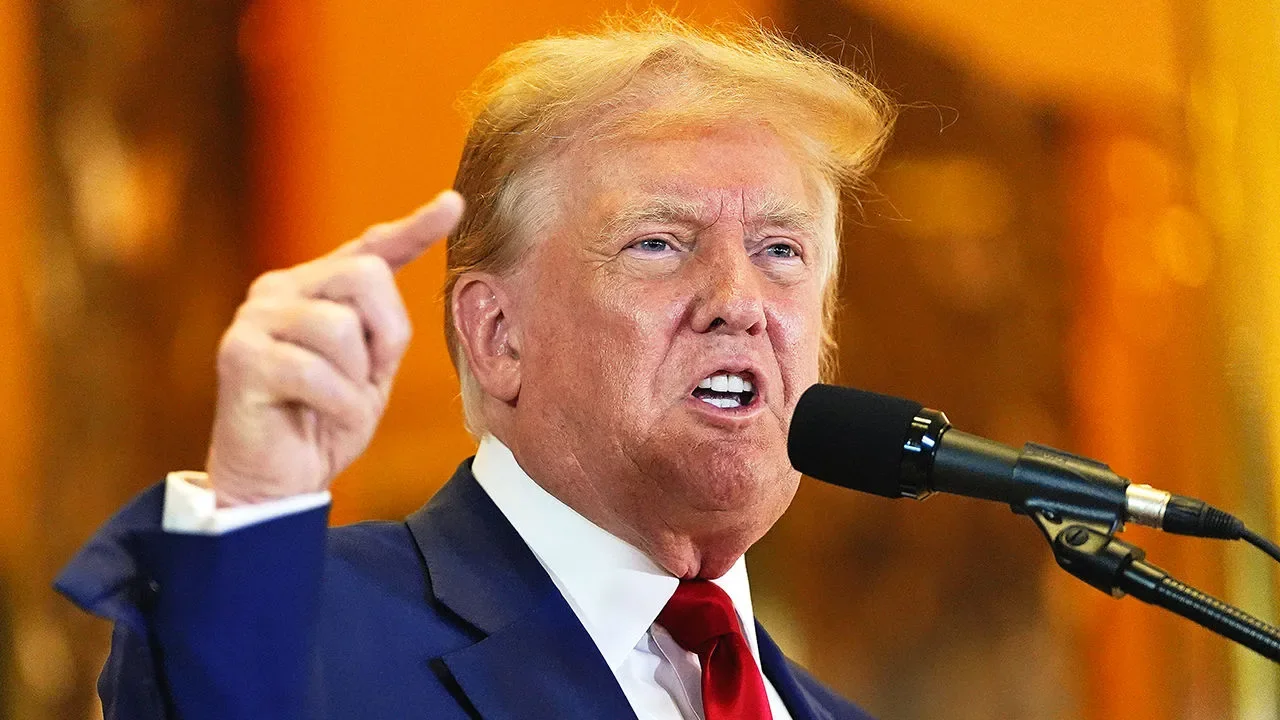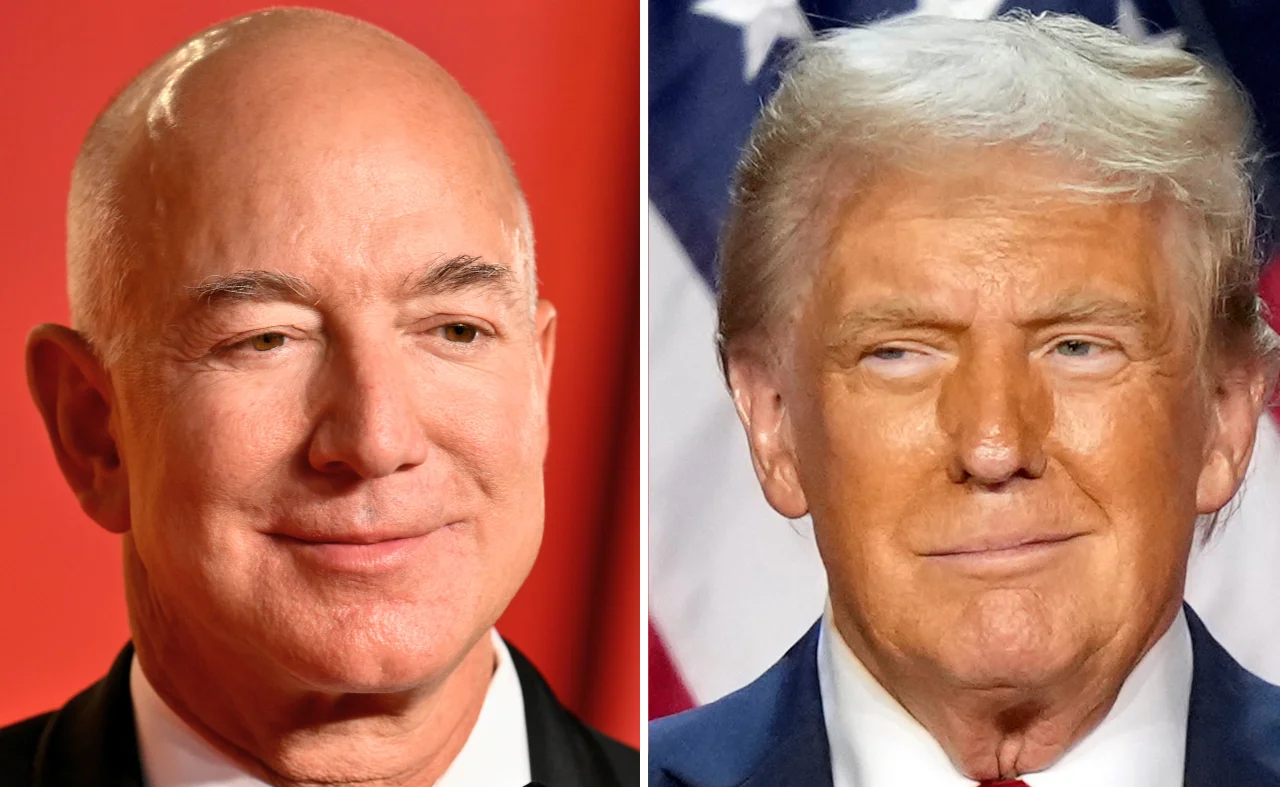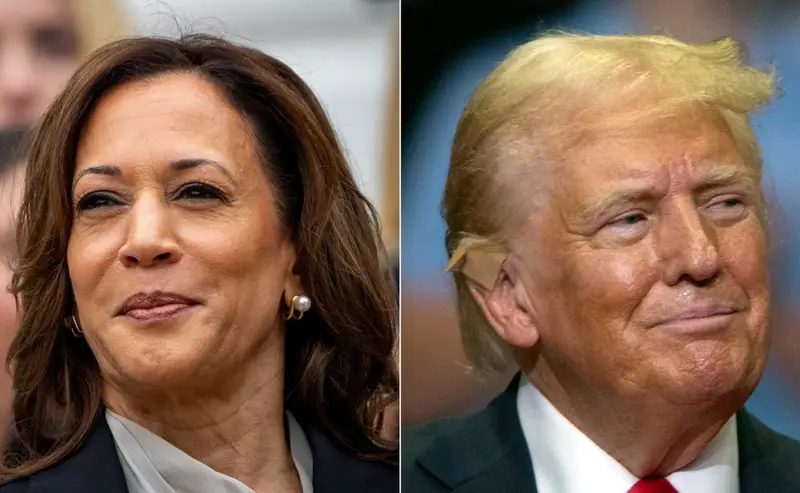FBI Director Christopher Wray has announced that he will resign from his position in January, well before the end of his 10-year term. His decision follows intense criticism and mounting political pressure from former President Donald Trump and his allies, who have accused Wray of bias and mishandling key investigations.
Wray shared the news in a heartfelt message to FBI employees, emphasizing the need to protect the agency’s mission and integrity amid political turmoil. “After weeks of careful thought, I’ve decided the right thing for the Bureau is for me to serve until the end of the current administration in January and then step down,” Wray said in his statement. “This is not easy for me. I love this place, I love our mission, and I love our people. But my focus has always been on doing what’s right for the FBI.”
He underscored the importance of the FBI’s work in “protecting the American people and upholding the Constitution,” adding, “When you look at where the threats are headed, it’s clear that the importance of our work—protecting the American people and upholding the Constitution—will not change.” Wray also highlighted the need to defend the rule of law, stressing that his resignation was aimed at minimizing distractions for the FBI as it continues its critical mission.
Trump, who has been highly vocal in his criticism of Wray, celebrated the announcement as a win for his ongoing claims about the “weaponization” of the FBI. Trump’s grievances with Wray stem largely from the FBI’s 2022 search of his Mar-a-Lago estate in Florida, a move Trump has repeatedly denounced as a politically motivated attack. The search, conducted with judicial approval, was part of an investigation into Trump’s handling of classified documents after leaving office.
Speaking about Wray recently, Trump said, “I can’t say I’m thrilled with him. He invaded my home. I’m suing the country over it. Crime is at an all-time high, and I’m very unhappy with the things he’s done.” Former First Lady Melania Trump also voiced her displeasure, describing the search as an “invasion of privacy” that left her feeling “angry.”
Looking ahead to his second term, Trump has already announced his choice for Wray’s replacement: Kash Patel, a close ally and staunch supporter of Trump’s policies. Patel, a vocal critic of what he calls the “deep state,” has been a prominent advocate for those charged in connection with the January 6 Capitol attack. In a statement, Patel expressed his readiness to lead the FBI, saying, “I look forward to a smooth transition. I will be ready to serve the American people on day one.”
Wray’s resignation, which comes despite his 10-year term being designed to insulate the FBI Director from political pressures, reflects the shifting political landscape under Trump’s influence. By stepping down, Wray avoids the possibility of being dismissed by Trump, a fate that befell former FBI Director James Comey in 2017. Comey’s firing led to the appointment of Special Counsel Robert Mueller and a subsequent investigation into Russian interference in the 2016 presidential election.
Trump’s criticism of Wray has been echoed by several Republican lawmakers. Senator Charles Grassley, a longtime Trump ally, publicly called for Wray to step down, writing in a letter, “For the good of the country, it’s time for you and your deputy to move on to the next chapter in your lives.” Grassley also referenced Deputy FBI Director Paul Abbate in his remarks.
However, not all Republicans have aligned with Trump’s stance. Senator Mike Rounds, a South Dakota Republican, previously praised Wray’s leadership, stating that Trump had chosen a “very good man” for the role in 2017. Rounds’ comments drew backlash from conservative activists, with Charlie Kirk, a prominent Trump supporter, warning Rounds of potential political consequences. “Senator Rounds, you are up for reelection in 2026. If you vote against any of Trump’s nominees, a primary challenge wouldn’t be hard. Just a reminder,” Kirk posted on social media.
As Trump prepares to return to the White House, his picks include Pam Bondi as Attorney General, Kristi Noem as Secretary of Homeland Security, John Ratcliffe as CIA Director, and Tulsi Gabbard as Director of National Intelligence. These appointments signal a significant shift in the administration’s approach to governance, focusing on consolidating power within Trump’s inner circle.
Trump’s celebration of Wray’s resignation was laced with criticism of the outgoing FBI Director. In a statement, Trump said, “The resignation of Christopher Wray is a great day for America as it will end the Weaponization of what has become known as the United States Department of Injustice.” He accused Wray of undermining his presidency by supporting investigations that Trump claims were politically motivated.
The former president went on to praise Kash Patel as the “most qualified Nominee to lead the FBI in the Agency’s History,” adding, “I look forward to Kash Patel’s confirmation so that the process of making the FBI great again can begin. Thank you!”
Wray’s departure marks a significant moment in the FBI’s history, as the agency faces ongoing challenges to maintain its independence and credibility. As Trump’s influence continues to reshape the political landscape, the FBI’s future leadership will play a critical role in navigating these turbulent times.





